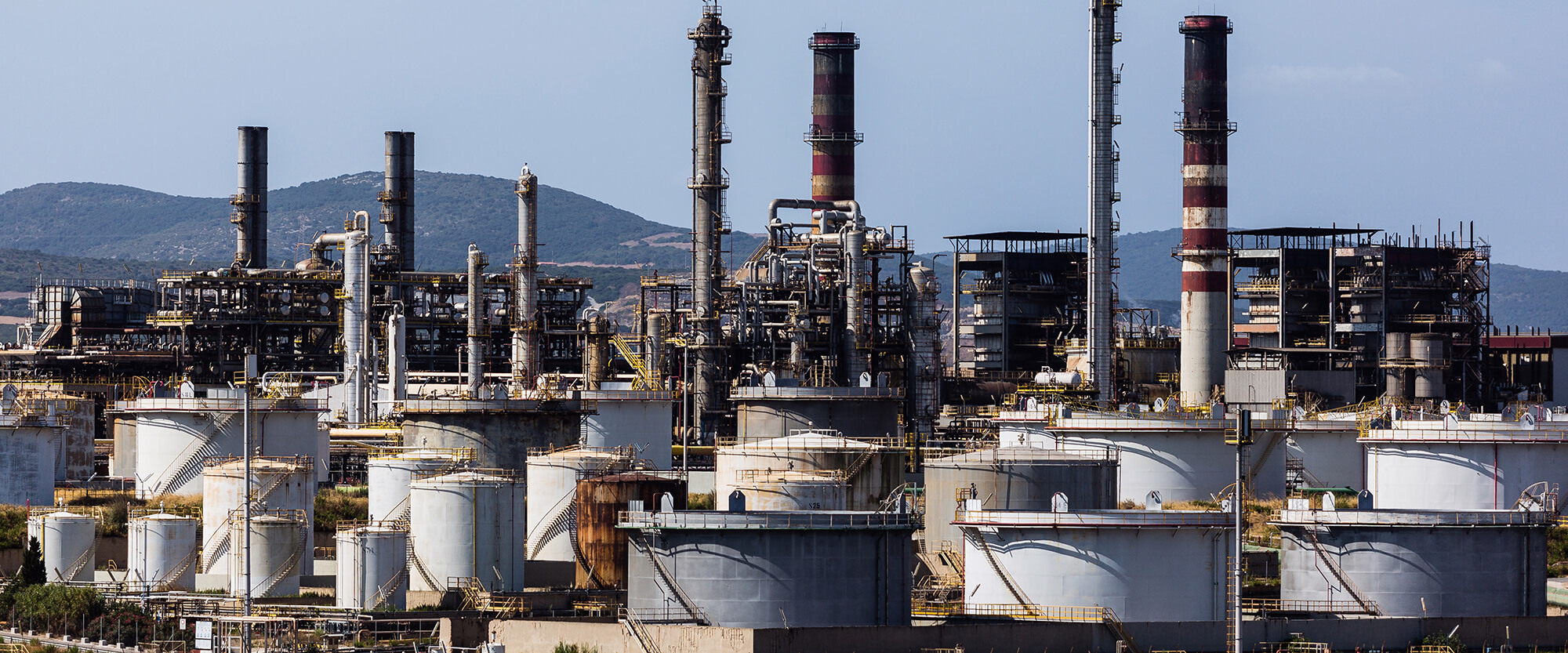
Application of unsaturated polyester resin in plastic industry
Unsaturated polyester resin (UPR) finds several applications in the plastic industry due to its versatile properties. Here are some common uses of UPR in the plastic industry:
1. Reinforced Plastics: UPR is widely used as a matrix material in the production of reinforced plastics, commonly known as fiberglass or glass fiber-reinforced plastics (GRP). UPR provides excellent adhesion to the glass fibers, resulting in strong and durable composite materials. GRP products are used in various industries, including automotive, construction, marine, and aerospace.
2. Sheet Molding Compound (SMC): SMC is a high-strength, lightweight composite material used in the manufacture of automotive body panels, electrical enclosures, and other structural components. UPR is a key component in SMC formulations, providing good flow properties, dimensional stability, and impact resistance.
3. Bulk Molding Compound (BMC): BMC is a moldable composite material used for manufacturing electrical components, automotive parts, and household appliances. UPR is used as a binder in BMC formulations, providing good heat resistance, dimensional stability, and electrical insulation properties.
4. Gelcoats: Gelcoats are highly pigmented surface coatings applied to composite materials to provide a smooth, glossy finish and protect against UV degradation. UPR is commonly used as the base resin in gelcoat formulations due to its excellent weatherability, chemical resistance, and ease of application.
5. Filament Winding: Filament winding is a manufacturing process used to produce cylindrical structures such as pipes, tanks, and pressure vessels. UPR is often used as the resin system in filament winding applications due to its low viscosity, good wetting properties, and fast curing characteristics.
6. Adhesives: UPR can be modified to serve as a bonding agent in the assembly of plastic components. By incorporating suitable additives and fillers, UPR-based adhesives can provide strong adhesion, flexibility, and chemical resistance, making them suitable for various bonding applications.
7. Casting and Encapsulation: UPR is used in casting and encapsulation applications where electrical insulation, dimensional stability, and chemical resistance are required. It is commonly used to encapsulate electrical components, such as transformers, capacitors, and electronic circuit boards.
